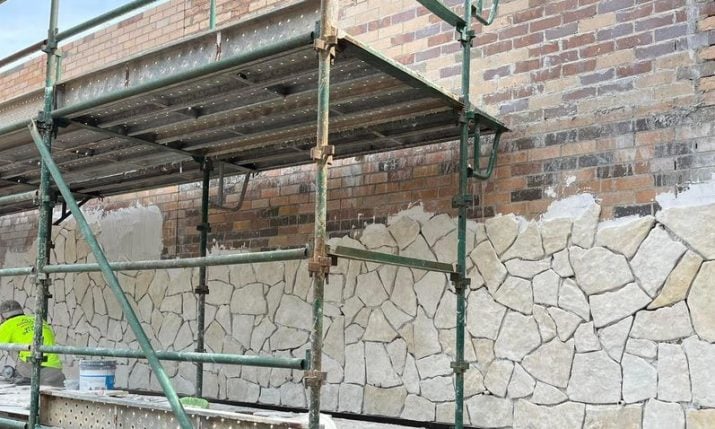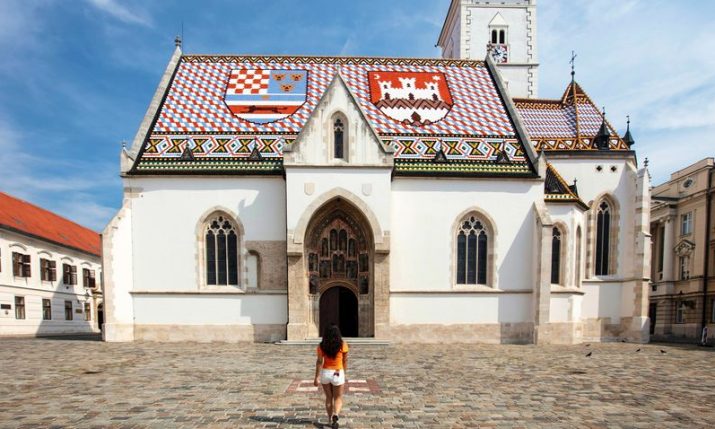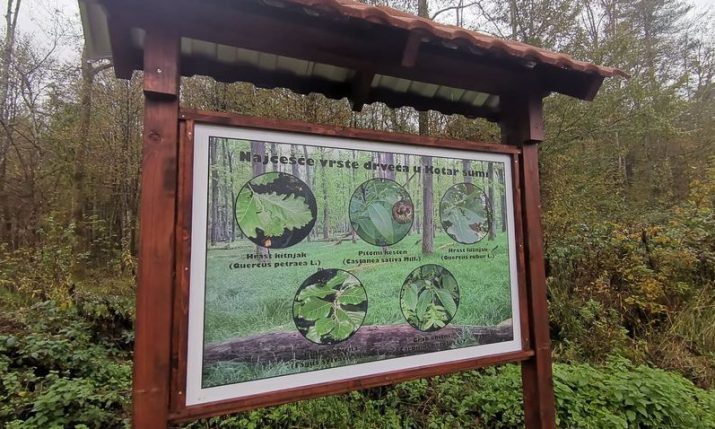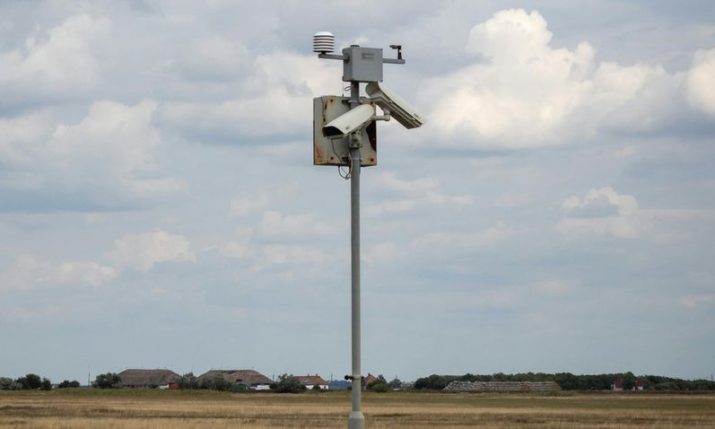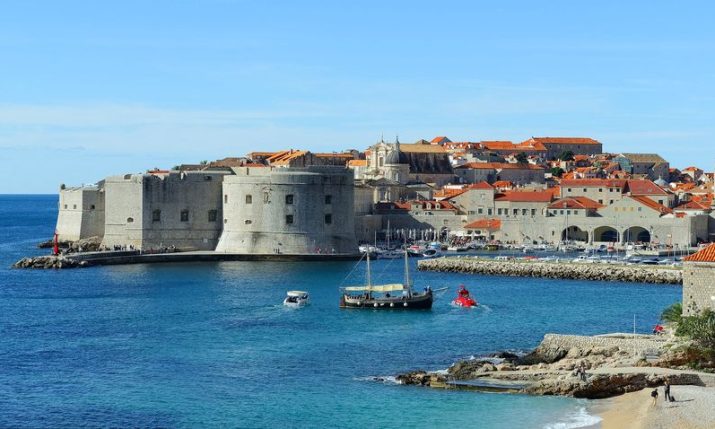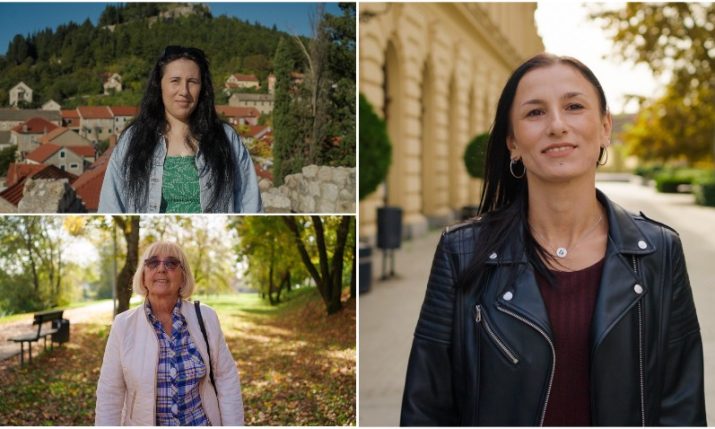The survey was carried out by the Organisation for Economic Cooperation and Development (OECD) covering about 240,000 teachers and 13,000 principals in 30 OECD countries and 18 partner countries, including Croatia.
It revealed a gender imbalance in the teaching profession in Croatia, with women accounting for 78 percent of primary school teachers and 67 percent of secondary school teachers. The TALIS average is 69 percent.
The proportion of women among primary school teachers has increased by about four percent in the last five years. Croatia is among the top ten countries in terms of the number of female teachers, along with Slovenia, Hungary, Georgia, Russia and Latvia, where nearly 90 percent of primary school teachers are women. With about 58 percent, Japan tops the ranking in terms of the number of male teachers, and Saudi Arabia, the Netherlands, Colombia and Turkey have roughly the same number.
In Croatia, 53 percent of primary school principals and 49 percent of secondary school principals are women, which is the TALIS average. Latvia has the largest proportion of female principals – 80 percent, while Japan has the largest proportion of male principals – 90 percent.
The average age of Croatian primary school teachers is 42 years and of secondary school teachers it is 45 years, which corresponds to the average in countries participating in the survey (43 years) and the EU average (45 years).
Principals, on average, are older than teachers. The average age of Croatian primary school principals is 52 years and of secondary school principals it is 53, while the TALIS average is 51. The oldest principals, above 58, were reported in South Korea and Japan, while the youngest ones, aged between 42 and 44, were reported in Saudi Arabia and Turkey.
The survey revealed that Croatian teachers and principals have a higher level of education than the average in the participating countries and the EU average. More than 90 percent of Croatian teachers and principals have a university degree, compared to 41 percent of teachers and 57 percent pf principals in the participating countries and 55 percent of teachers and 65 percent of principals in the EU countries.
Croatia is ranked fifth country with the most educated teachers and principals, behind Finland, the Czech Republic, Portugal and Slovakia. Vietnam, South Africa, Saudi Arabia, Turkey and Denmark were at the bottom of the teacher education ranking.
As for work experience, Croatian primary school teachers on average have 15 years of experience, of which 11 years in the school in which they currently work, while secondary school teachers on average have 16 years of experience, of which 14 years in the present school. This shows a relatively low level of mobility compared to teachers in Japan, South Korea and Turkey where the average length of work experience in the same school is five years or less. Turkey, Singapore and Chile have the least experienced teachers, with about 30 percent of teachers with less than five years of experience, while Portugal, Lithuania and Vietnam have the most experienced teachers.
Croatian principals have slightly less teaching experience before becoming principals (about 15 years) than the average in other participating countries (20 years).
The survey has also revealed that over 90 percent of Croatian teachers are satisfied with their job, which is the TALIS and EU average, but only nine percent think that the teaching profession is appreciated by society, compared to the TALIS average of 32 percent and the EU average of 18 percent. In addition to Croatia, the countries where teachers feel least appreciated are Slovakia, Slovenia, France, Argentina and Portugal, while the countries where they are held in high esteem are Vietnam (as many as 92 percent), Singapore, the United Arab Emirates and South Korea.
(Hina) vm


